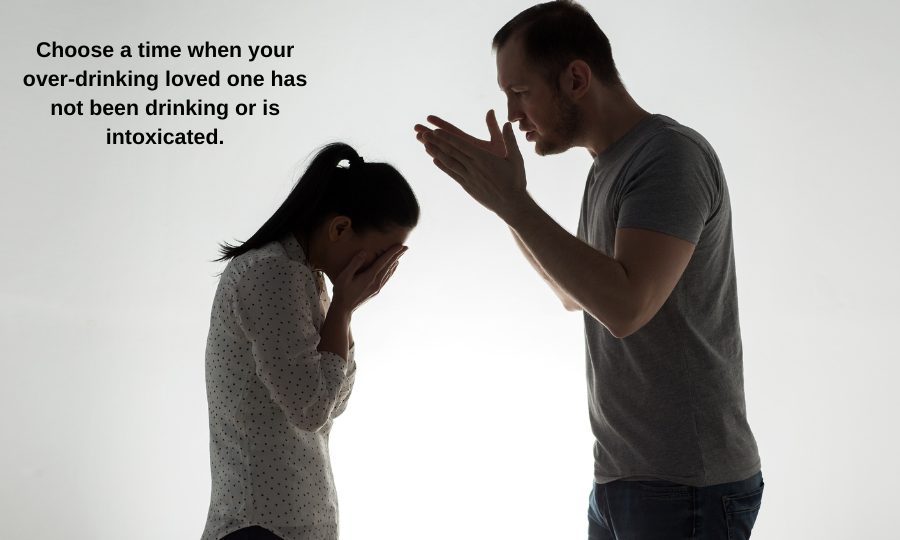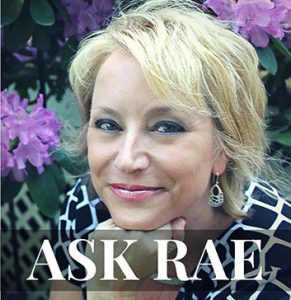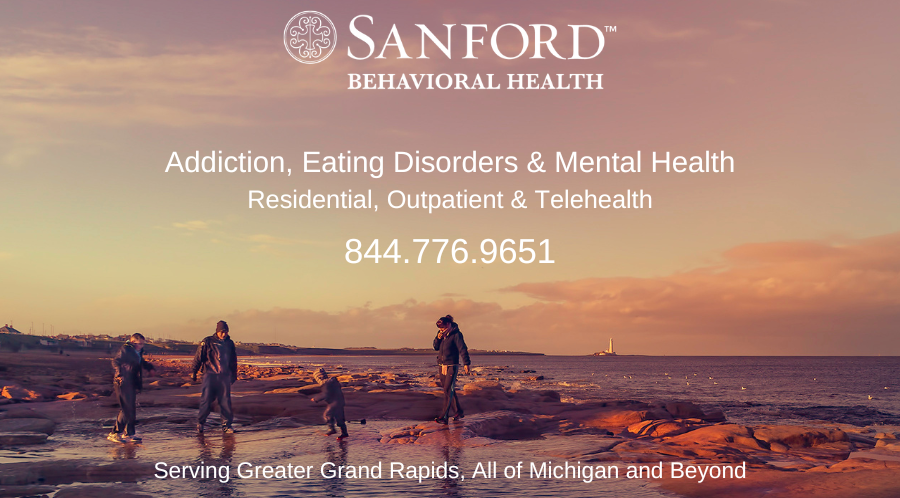How Do I Talk To My Partner About Their Drinking?

One of the questions I get as an addiction counselor with an advice column (Ask Rae) is, “How do I talk to my partner about their drinking?” In fact, some of Sanford Behavioral Health’s most viral articles are about the subject of alcohol ruining relationships. When someone in the household is misusing alcohol, it impacts the entire family system.
- It adds stress to the family, even though alcohol is often used as a stress reducer.
- It impacts relationships with tension, arguments, missed milestones, lies, and obfuscations.
- I hear family members say their loved one “chose alcohol” over them, causing anger and jealousy.
- Children seek to understand why there is “something wrong” with Mommy or Daddy.
- Universally, the subject is difficult to introduce. There may be fear that bringing up the subject will cause an argument or a binge.
How Do I Talk to My Partner (Spouse, Friend, Loved One) About Their Drinking?
If this question rings true, let me start by saying you are not alone. Stress goes hand-in-hand with increased drinking, and statistics show that stress, anxiety, and alcohol consumption skyrocketed during the pandemic and have continued in its aftermath. The comorbidity (taking place at the same time) of anxiety disorders and alcohol misuse is a common occurrence. And once anxiety and alcohol misuse co-occur, they feed each other. Stress causes an individual to drink, and drinking causes stress. Also, the cycle often progresses if left untreated, so it is positive that you are asking the question, have recognized a problem, and are ready to get help. Unsure if your partners’s drinking has progressed to alcoholism? A rule of thumb is that if a family member’s drinking negatively impacts the family, there is a drinking problem.
If your partner becomes angry or avoids the subject when you bring it up, it might be because they feel embarrassed, ashamed, or threatened. Additionally, if their alcohol use has progressed to dependence, the resistance is even stronger. Approach them with sympathy and kindness and without judgment. Find a time when you are alone, and they have not been drinking, are overly tired, or visibly stressed. Let them know how their drinking has affected you and your family. Offer suggestions and support.

Things to Avoid when Talking to a Loved One About Their Drinking:
- Choose a time when your over-drinking loved one has not been drinking or is intoxicated.
- This is a frustrating and hurtful situation, but do not approach them with anger, sarcasm or talk down to them about their drinking.
- Do not argue – if it begins to get heated, walk away.
- Do not blame.
- Don’t make excuses for your loved one.
- And last but not least, do not put this off. You have a better opportunity for success in recovery if you catch the problem at misuse and treat it with a medical model such as Sanford Behavioral Health’s addiction treatment program.
Getting Help for Your Drinking Partner
Fortunately, several evidence-based strategies are available for treating anxiety and alcohol use disorders, including pharmacotherapy and psychotherapy. Your best friends are research and education. Look for treatment centers in your area offering integrated programs treating both disorders. Sanford Behavioral Health has a wealth of options for care from residential to virtual milieus, day programs, partial-day programs, one-on-one therapy, family therapy, and support groups.
Most of all, don’t give up. This disease wears everyone out, not just the drinking spouse. The brain problems associated with substance use disorders dramatically hinder a person’s ability to make the right decisions. Your loved one’s poor choices are likely reflective of an escalating progressive disease. Seek out family programs and support to reassure yourself you are not alone. And remember – when your loved one gets well, the entire family gets well.
.
To Ask Rae Green, JD, LPC, CAADC, a Question, Click the Link:
If you or a loved one are struggling with addiction, eating disorders, or co-occurring mental health conditions, don’t wait to change your life – click the link below to speak with an admissions specialist about our programs.




